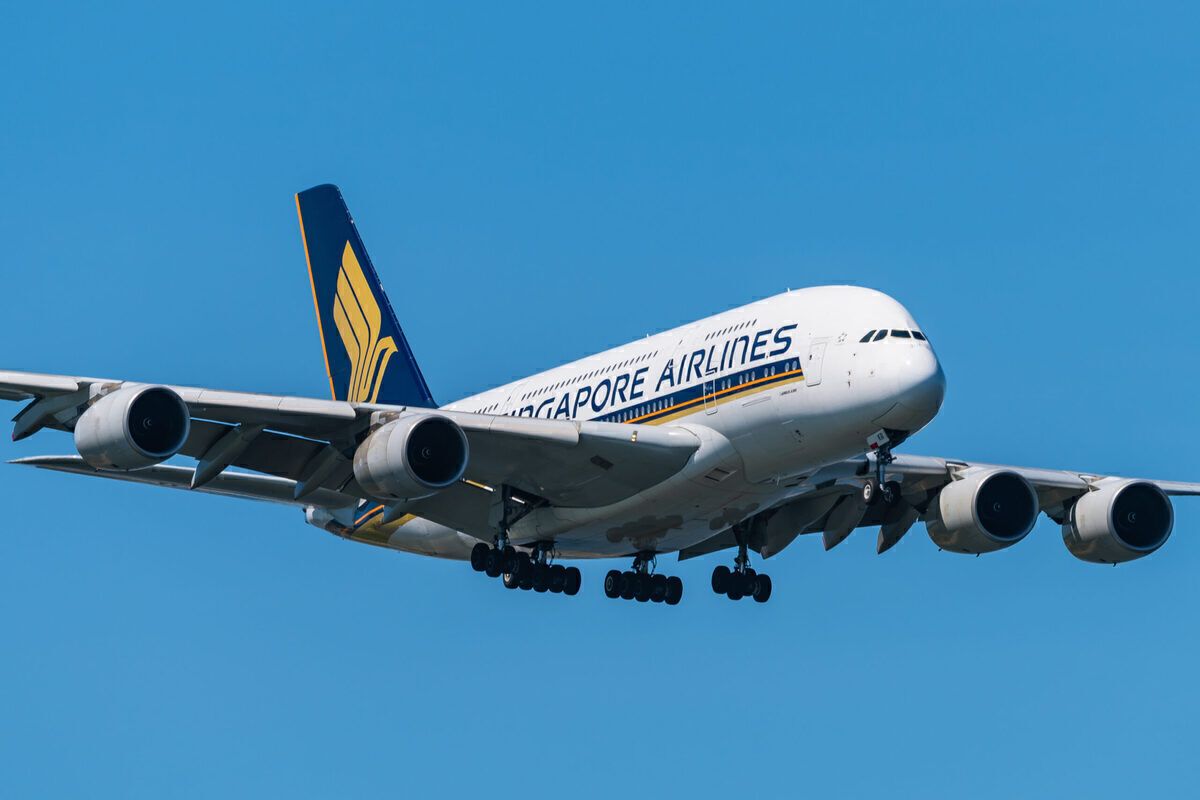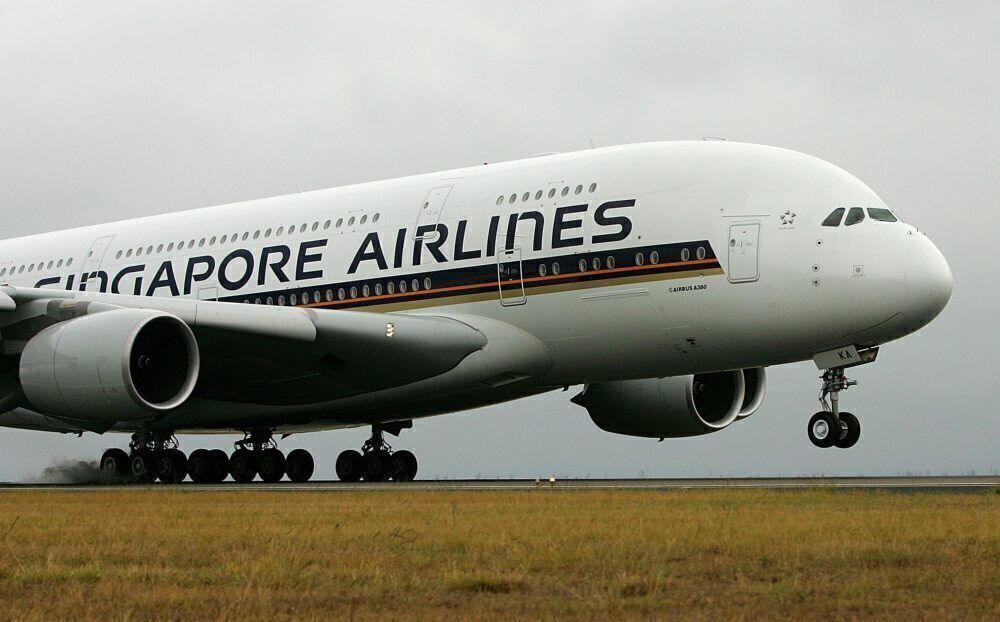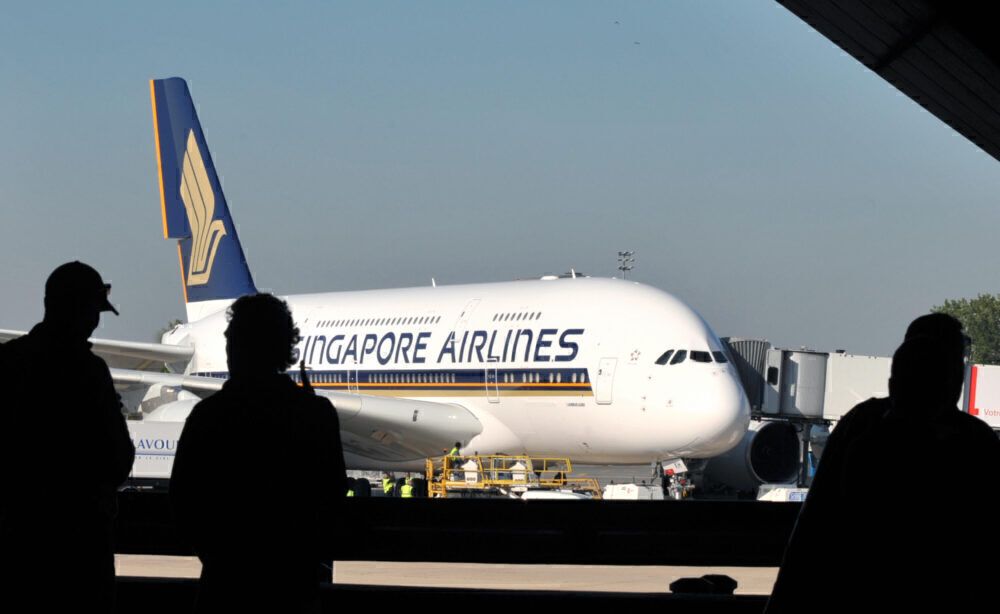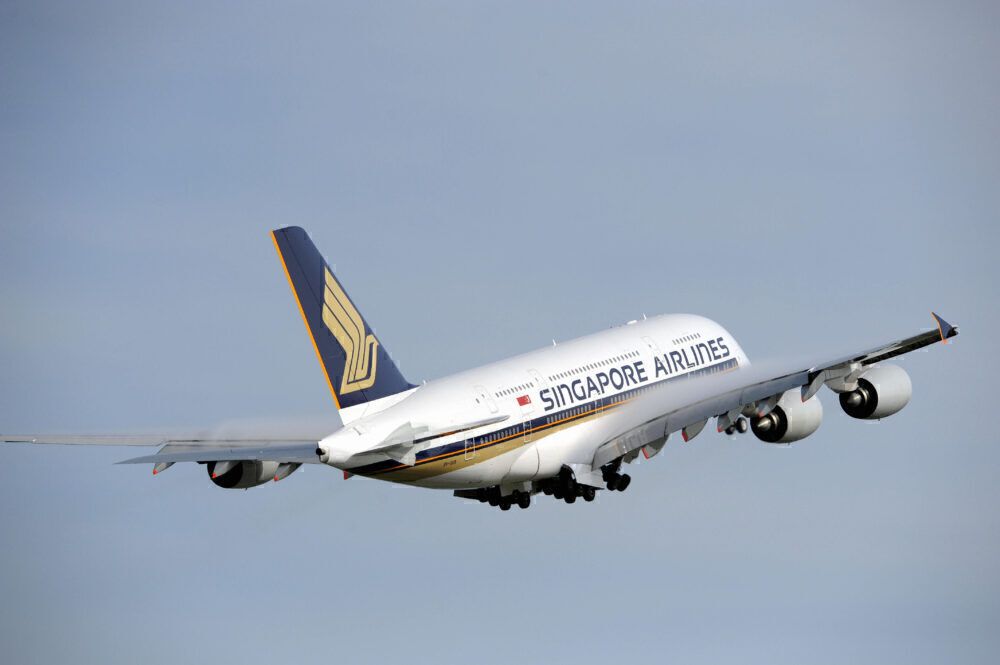Singapore Airlines (SIA) has announced a carbon offsetting scheme that will allow passengers to voluntarily offset their carbon emissions via microsites. Starting June 25th, Singapore Airlines will match offsets made by passengers for the first six months. The airline's low-cost subsidiary Scoot and SIA Cargo are also participating in the scheme.
SIA will match carbon offsets for six months
Passengers flying with Singapore Airlines and Scoot will be able to offset their carbon emissions starting today. The voluntary scheme gives travelers to option to pay to offset the carbon emitted during their flight. Additionally, the airlines will match all purchases made for the first six months of the scheme.
Also taking part is Singapore Airlines Cargo, SIA's dedicated cargo division, although SIA Cargo won't be joining the scheme until late July. Corporate customers can also take part in the scheme from the fourth quarter of 2021. Passengers are able to purchase carbon offsets via microsites either before or after flying.
Ms. Lee Wen Fen, senior vice-president for corporate planning at SIA, said,
"Our customers now have an opportunity to offset their emissions through accredited projects that provide clear benefits to people and the planet. Matching their offsets is our way of encouraging our customers to fly carbon neutral."
From the fourth quarter onwards this year, passengers will also be able to use their KrisFlyer miles and HighFlyer points to buy carbon offsets.
Stay informed: Sign up for our daily and weekly aviation news digests.
Where will the funding go?
Singapore Airlines has joined with Australian company Tasman Environmental Markets, Asia-Pacific’s largest carbon offset provider, to accurately calculate emissions for each journey. The majority of funding will go towards environmental projects in Indonesia, India and Nepal, which SIA claims have "a proven and measurable impact."
Projects include:
- Rainforest preservation in Central Kalimantan, Indonesia
- Developing solar power in India
- Providing cleaner and more efficient cookstoves in rural Nepal
For an idea of the cost, a direct return trip between Singapore and London with SIA will cost S$21.86 ($16.29) to offset the 1682kg of CO2 emitted from the flight. A shorter journey, such as between Singapore and Bangkok, will cost S$2.98 ($2.22) to offset 229kg of CO2 emissions.
Lee Wen Fen added,
"The programme supports the group’s commitment to buttress our sustainability efforts, and reinforces our leadership position in the airline industry as we recover from the impact of the Covid-19 pandemic.”
Net-zero carbon emissions by 2050
Last month, Singapore Airlines Group, which includes subsidiary Scoot and Singapore Airlines Cargo, announced its goal of achieving net-zero carbon emissions by 2050. The airline will "work towards decarbonization and environmental sustainability across its operations."
SIA is approaching its targets from multiple angles, including:
- Investing in new-generation aircraft
- Attaining higher operational efficiency
- Exploring low-carbon technology, such as sustainable aviation fuels (SAFs)
- Participating in high-quality carbon offsets
Mr. Goh Choon Phong, CEO at Singapore Airlines, said,
“Today, the most effective and direct way for an airline to materially lower carbon emissions is by operating a young fleet of aircraft. The SIA Group’s fleet has an average age of under six years, making it one of the youngest in the world."
Singapore Airlines has an order book for several new-generation planes, including Airbus’ A350-900 and A320neo Family and Boeing’s 777-9, 787 Family and 737-8 Max planes. The airline has also retired 45 older aircraft over the past year.
Do you think carbon offsetting schemes are an effective way to offset environmental damage? Let us know what you think in the comments.




